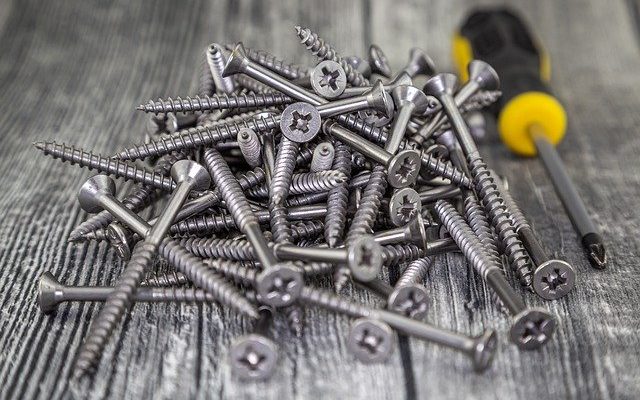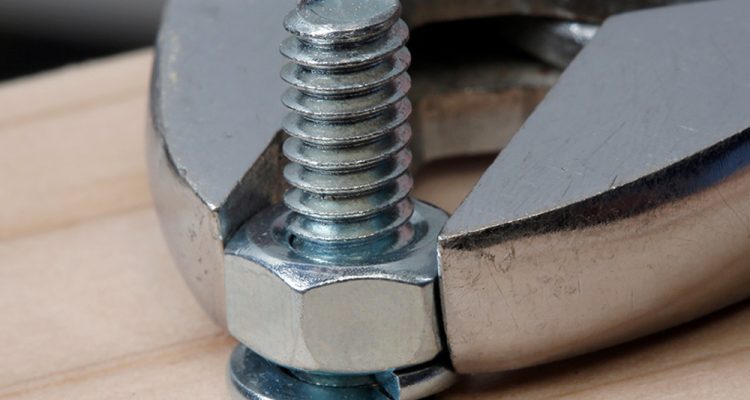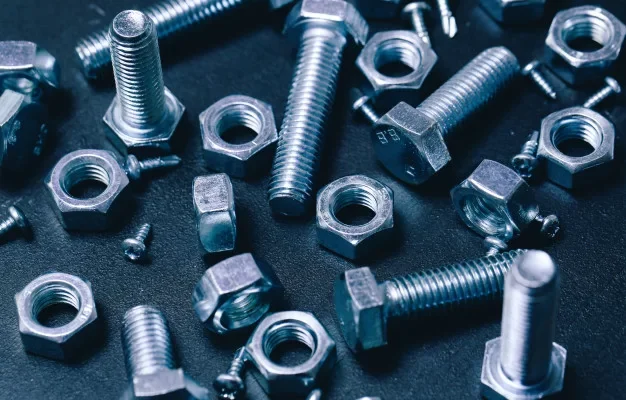
How to get custom screws made for a project
To get custom screws, specify details like size, material, and finish, consult with engineers, use platforms like ThomasNet, and check manufacturer certifications and lead times.
目录
ToggleHow to Get Custom Screws Made for a Project
A Guide to Getting Custom Screws Made
When you need custom screws for a project, making sure you understand the steps and details is the best approach. This guide takes you from the choice of materials to sizes, and then making the order.
The Selection Spectrum of Materials and Sizes
Perfect material and size choice is essential for custom screws. Metals used for screws include stainless steel, carbon steel, and aluminum. Stainless steel is the most durable and resistant as it doesn’t rust. Thus, screws made from stainless steel are often used in outdoor structures and marine vessels.
Size is also important and must fit the requirements of the project. Screw sizes vary in diameter from anne small as about 0.060 inches up to 0.500 inches or larger. The length of the screws can differ – whereas some are only a few millimeters, other are several centimeters long.
Understanding Threads
To make a perfect fit, the screw needs to have perfect threading. Thread size, pitch, and type need to be defined. Some of the threads can be in the UNC , UNF or metric sizes. For instance, a #4-40 UNC screw will be approximately 0.112 inches diameter with 40 threads etc.
Design and Engineering of Custom Screws
Finally, in the design and engineering process, one has to define not only dimensions and materials but head and drive types. Flat, Phillips, or hexagon are head types, whereas slotted or Allen are drive types. These will determine which instruments will be needed for installation and how likely it is to strip the screw.
Ordering and Quality Assurance
To order, it’s necessary to provide detailed specs to the manufacturer or a dedicated machine shop. The order will be based on those specs, so making sure they are accurate and detailed is a must. Most suppliers will also have a MOQ policy, with bulk discounts available. Each new piece of the order will carry additional sampling and other, often one-time, expenses.
Also important to keep in mind: what quality controls apply? A good manufacturer will sometimes offer strength testing, material verification and dimensional check reports.
Lead Times and Delivery
Custom screws can take a long time, even a than their store-bought counterparts. They also have quite a broad time range, from a couple of weeks to several months. Therefore, in discussing an order, also try to keep delivery times in mind as late deliveries may cause major project operations disruption.
Understanding each of these steps should help make custom screws for your project confidently. If you make the right material choice, understand thread specifications, require quality control and accurate specs measurements, then you are likely to have the best results.
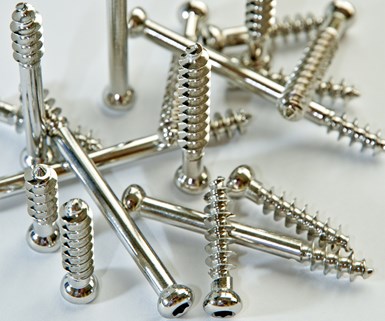
Medical Screw Solution Include
Material Choices for Custom Screws
The choice of material for producing custom screws is not only a choice of basic colour but a decision that has an impact on the screws’ performance, durability, and applicative qualities. This section explores the most popular materials that are used to produce screws, as well as their advantages.
Stainless Steel
Stainless steel is highly resistant to corrosion and is strong, providing a good option for screws used in challenging environments. There are many types of stainless steel of which 304 and 316 are the most popular as screws. The latter has a higher corrosion resistance and is also more suited for marine use.
Carbon Steel
Carbon steel is preferred for its strength and endurance, as it is hard, and would be suitable for heavy applicative screws. However, as carbon steel does not come with a coating it is sensitive to rust and getting wet. The metal can be alternatively plated with a range of zinc platings or black oxide.
Aluminum
Aluminum screws are light and are practically impervious to corrosion, providing a good option for avoiding the added weight of steel screws such as in aerospace. However, the metal is soft, softer than even brass, and can be damaged during hand-driven screws. The screws’ resistance to corrosion can be coated by anodization, which also insulates the metal, increases its surface hardness.
Brass
Brass screws are used for coloration and resistance to corrosion, and their soft properties allow for easier machining than steel and aluminum . They are also naturally antimicrobial and are used for medical screws. They are generally used in applications that are decorative in nature and need not absorb heavy loads.
Speciality Alloys
For extreme cases, there are speciality alloys such as titanium, inconel, and monel. Titanium is light and exhibits high tensile strength and is highly resistant to corrosion, together with being biocompatible, providing a good option for an aerospace or medical screws . Inconel is used for its high-temperature performance screws, and monel is used in marine high-sea water screws.
Custom Screws in Niche Industries
It would be relevant to note that custom screws are significant in and by themselves, and while they may sometimes seem unimportant, they play a critical role in niche industries. Notably, custom screws frequently perform tasks that “one-size-fits-all” screws cannot accomplish and have an impact on product design and reliability across a variety of industries. This section will describe methods of using custom screws in different industries and “explain why”.
Aerospace Industry
Since screws are not rotation-resistant connections, they often require threadlocker to prevent them from coming loose. In the aerospace industry, both the weight requirement and the durability requirement for the components of this industry are critical. Therefore, the aerospace industry employs custom titanium and high-quality aluminum screws, as these materials have optimal weight, resistance to breakage, and corrosion resistance. Some screws can be made of high-grade aluminum and then hard-coated with titanium. Additionally, the threads are imposed to reduce pressure stress, as the planes “fly far and fast” and the screws should withstand pressure change.
Medical Devices
Given that medical devices require ultimate reliability, screws that are made for them are usually made from biocompatible titanium. For example, screws used in the event of bone tissue replacement and implantation are not only durable and corrosion-resistant but are also safe for the human tissue. Another characteristic of these screws is the presence of exact dimensions required to perform the implantation—this makes the procedure safer.
Electronics and Telecommunications
Given the size of these devices, the screws that they use are very small. Moreover, they are usually unscrews that don’t have magnetic properties since they may interfere with the system of which they make part. Brass and some kinds of stainless steel are non-magnetic and are used accordingly. Screw heads are made specifically for automated assembly lines commonly employed in their production.
Marine Applications
Marine screws are meant to work under the conditions of being wet and salty without corrosion. The material of choice in this case is Stainless Steel 316 due to its corrosion resistance in sea water. Moreover, the screws are longer and thicker to account for marine physical stresses—they are intended for ship or offshore building.
Automotive Industry
The exact demands to screws in this industry concern safety requirements and requirements to durability in the face of vibration, heating, and the influence of chemicals. Notably, they are usually made out of tempered carbon steel, as the fatigue resistance of this material is rather high.
Thus, while these screws might be seen as mere fasteners, they are integral in the functionality of each of the described industries, with every single one of them being highly mathematical and managed in its specifics to produce optimal outcomes.
Balancing Quality and Cost in Precision Crafting
Producing custom screws is impossible without considering cost aspects. This part examines suggestions regarding maintaining quality while saving as much cost as possible on making custom screws.
Material Selection
The very first instance to consider cost considerations for production is the selection of material for making the needed screws. Most material costs could be avoided by choosing a different material to produce. For example, if the screw must be a titanium screw because it must be very strong and corrosion-resistant, perhaps another less expensive material could be used because the screw did not need to be as strong as once thought. For example, stainless steel offers excellent strength and reasonable corrosion resistance comparable to titanium but without the unnecessary cost. Alternatively, a detailed analysis of the application could show that the screw does not need to be strong or corrosion-resistant , so other materials could be used that would be much cheaper and equivalent .
Using Advanced Manufacturing Techniques
Advanced manufacturing technologies can significantly reduce costs while producing products of higher quality. An example of advanced manufacturing connected with screw production is CNC machining, allowing for high precision with excellent repeatability. Any screw types can be manufactured using CNC machines, as high levels of precision and productivity are achieved. The problem is the cost of buying the equipment, but, in the long run, it is worth it, as there would be no wasted time, tools, or screws .
Economies of Scale
This method will result in unit cost reduction due to the production of bigger quantities of a product. The cost of adjusting machines will be spread to a higher number of units, and less raw material will be wasted. Thus, long-term production should be considered for custom screws. Ideally, orders big enough to help reduce unit cost should be placed .
Design Optimization
New product design features often necessitate higher production costs. The higher the complexity, the more effort and machinery are involved. For example, when designing a screw, the number of thread turns required to maintain hold could be reduced, so less material has to be used and machining becomes quicker .
Quality Control and Testing
Another costly measure except for the ones above is quality control and testing . The mission is not to have production quality-ending up with items that break in the field or failure in some way. High levels of quality are attentively and carefully ensured at all stages of manufacturing, starting with raw materials. This can be expensive in itself, but the loss of products in the field will be even more costly.
Thus, a number of methods of balancing cost and quality custom screw production were suggested, covering the aspects of material selection, manufacturing processes, and screw design deploying the methods. Any chosen method of quality control and testing would ensure production of reliable products.
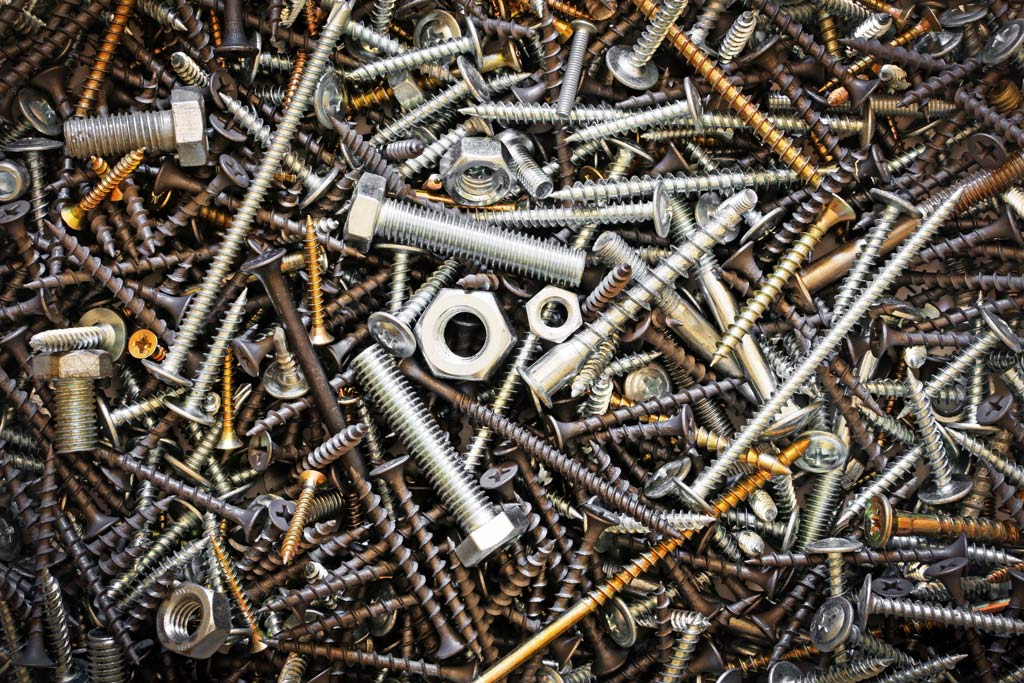
Why Don’t all Screws Have
Selecting the Right Manufacturer for Quality Assurance
It is essential to make the right decision during the process of choosing a manufacturer to ensure the consistent quality and reliability of custom screws. This section will identify the critical considerations and steps that have to be taken to find a decent manufacturer with the necessary quality assurance guarantees.
Reputation and Past Performance
Conduct thorough research of the manufacturer’s reputation and track record in producing custom screws. When possible, explore the reviews and testimonials from their previous customers, as well as sample any case studies showcasing their work. The profound experience of the manufacturer and client satisfaction are guarantees that the products will be of high quality.
Experience and Certification
Review the certifications of the manufacturer and ensure that they have the necessary qualifications. For example, ISO 9001 is an international certification that demonstrates that the company has an effective quality management system . As well, consider the particular standards and compliance requirements of a specific industry belong to, such as aerospace or medical manufacturing. Understanding the specific considerations and standards of the equipment the screws will be installed into is essential to ensure proper certification of the manufacturing process.
Manufacturing Technology and Equipment
Consider the capacity and technology implemented in the actual manufacturing process of custom screws. For example, CNC machines are the state of the art technology that allows the highest precision and the most bizarre designs . An exemplary manufacturer should either produce their own material or rigorously sample all supplies sources in the manufacturing process.
Quality Control Standards and Processes
Ensure that the manufacturer has a robust quality control process in place. Ordinarily, all products are rigorously inspected and tested to guarantee the absence of any defects or deviations from the specification. It is crucial to request and study the details of a significant manufacturer’s quality assurance protocols and testing mechanisms.
Communication
In the contemporary age of technological advancement, the ability to communicate is paramount for running business and delegating responsibilities effectively. Choose the manufacturer who is as enthusiastic about high-quality custom screws as they are about maintaining communication. The provider should promptly answer all questions, give detailed reports on the status of the order, and address any concerns or modifications in a timely manner.
Cost and Delivery Times
Finally, cost is always a considerable factor, and you should always aim to find the best possible price for custom screws, even while not breaking the bank. Consider the costs of materials used in manufacturing, as well as the necessary processes and quality assurance procedures. In the meanwhile, ensure that the manufacturer has a system in place for producing large orders on time. Two months maximum is a good benchmark.

